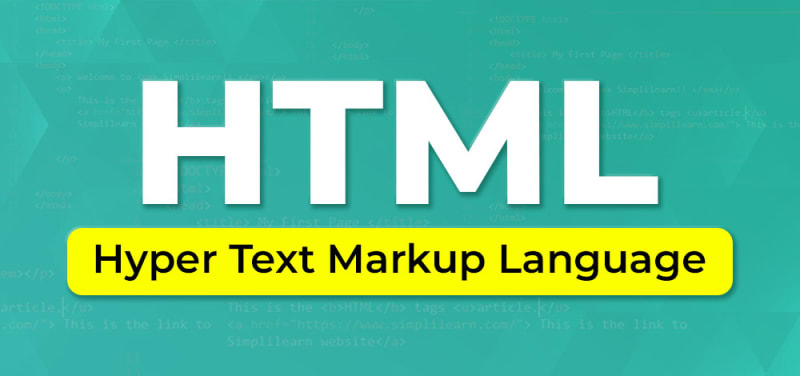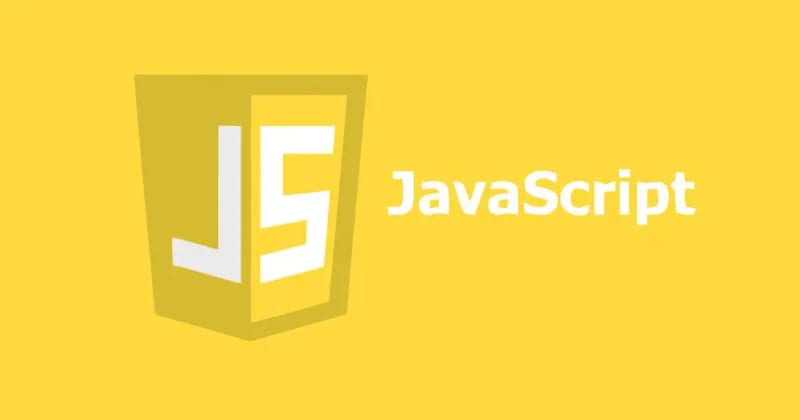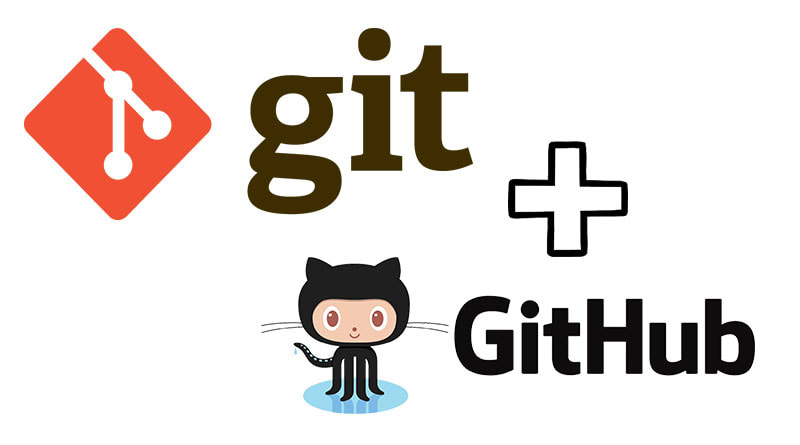All the websites we browse, the e-commerce websites we purchase goods from, the blogs we read from, and so on are made user-friendly and aesthetically pleasing by front-end developers.
There are two major aspects of web development to consider when building websites and web applications: the front end and the back end.
Front-end development is concerned with the front end of any web application, as the name implies. This is what the user sees and interacts with by performing operations such as clicking a button, scrolling through a page, filling out a form, and so on. This is the client-side functionality of a web application.
Back end refers to the events that occur behind the scenes, such as infrastructure, database connection and communication, and so on. Full stack refers to a combination of front end and back end.
1. Learn HTML, CSS, and JavaScript
What is HTML?
HTML stands for Hyper Text Markup Language, it is the skeleton of all web pages and applications as thier most basic building block. You use HTML to structure your page into elements such as paragraphs, sections, headings, navigation bars, and so on.
HTML provides structure to the content appearing on a website, such as images, text, or videos. A page with just HTML is very basic and unappealing, and it will need CSS styling to make it presentable.
HTML is frequently the first language that developers learn, and it is essential for front-end development work.
Tutorial and documentation refer w3schools Mozilla HTML
What is CSS?
CSS is an abbreviation for Cascading Style Sheets, and you use it to enhance the appearance of a web page by adding CSS styles. These styles make your website more appealing and enjoyable to view and use for the end user.
Tutorial for refer Css tutorial CSS tricks
What is JavaScript?
HTML is a markup language, CSS is a style sheet, and then we have JavaScript, the third building block. JavaScript is a programming language that allows you to make your web pages more interactive. This can include animations, dynamic styling, effects/behaviors when buttons are clicked, game motion, and so on.
Here is reference link Code evolution Traversy Media
2. Enhance Your Skills
"Learn constantly, there is always one more thing to learn!" said Steve Jobs. This holds true in all aspects of life, including programming and front-end development.
As new technologies, tools, syntax, and approaches are introduced, it is always best to stay up to date with new technology trends and avoid falling behind.
This will help you grow your skills as a front-end developer, and you can always stay in the loop by joining and interacting with active developer communities.
3. Learn the Command Line and Version Control
As a frontend developer, you should understand how the command line works because it allows you to access operating system functions through a text interface. Many professionals prefer CLIs for their speed and performance when installing libraries and frameworks.
Front-end developers should also be familiar with version control systems such as Git, which is the most widely used. When coding, you'll frequently want to trace your coding history and other information.
Version control makes this much easier because it allows you and your team to efficiently communicate and manage (track) all changes made to the source code. It also gives you information such as who made the changes and what changes were made.
Git refer - Github
4. Understand Application Program Interfaces (APIs)
As a professional frontend developer, you should be familiar with APIs and how to consume and manipulate them. This is critical for communicating with backend logics and databases.
To interact with APIs in JavaScript, you’ll mostly use the browser's Fetch API or the Axios library.
5. Learn and Understand JavaScript/CSS Libraries
Today, there are numerous JavaScript libraries available, all of which aim to make web application development easier. These are pre-written JavaScript scripts that make developing JavaScript-based applications easier.
There are have a lot of them, but it's best to pick one and learn it thoroughly, such as React, Vue, or Angular.
6. Build an online portfolio
Building your portfolio is an easy way to demonstrate your expertise as a front-end developer.
If you're just starting out as a front-end developer, you don't have to have every piece of your portfolio be a client project. You can take charge and be inventive. Make use of new tools and libraries to create something spectacular. As your career progresses, you will be able to highlight more projects on which you have worked.
You can also look through the portfolios of your fellow front-end developers to see what you like and dislike. Then, knowing what you want to show the world, create your own website.












Top comments (0)